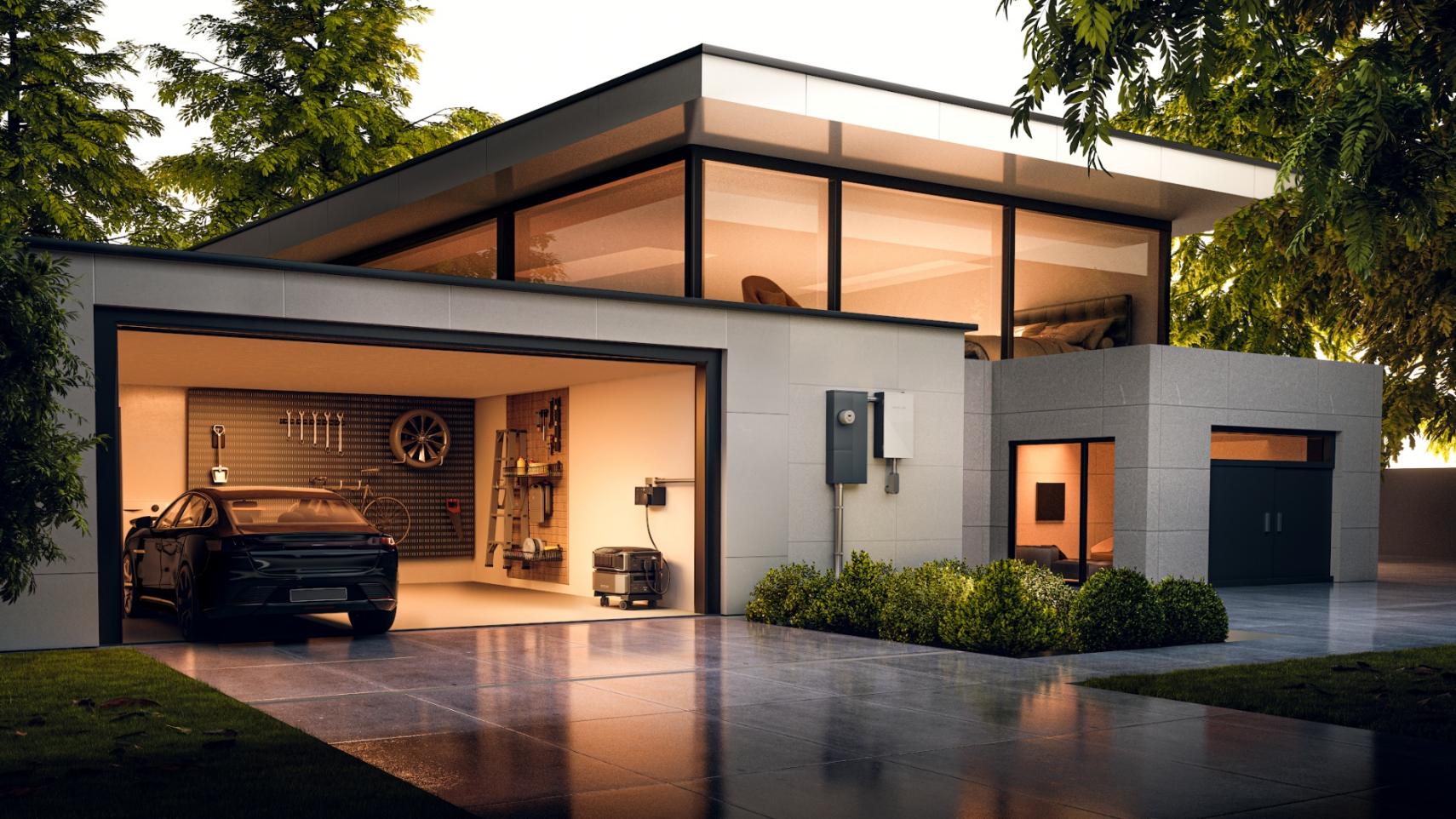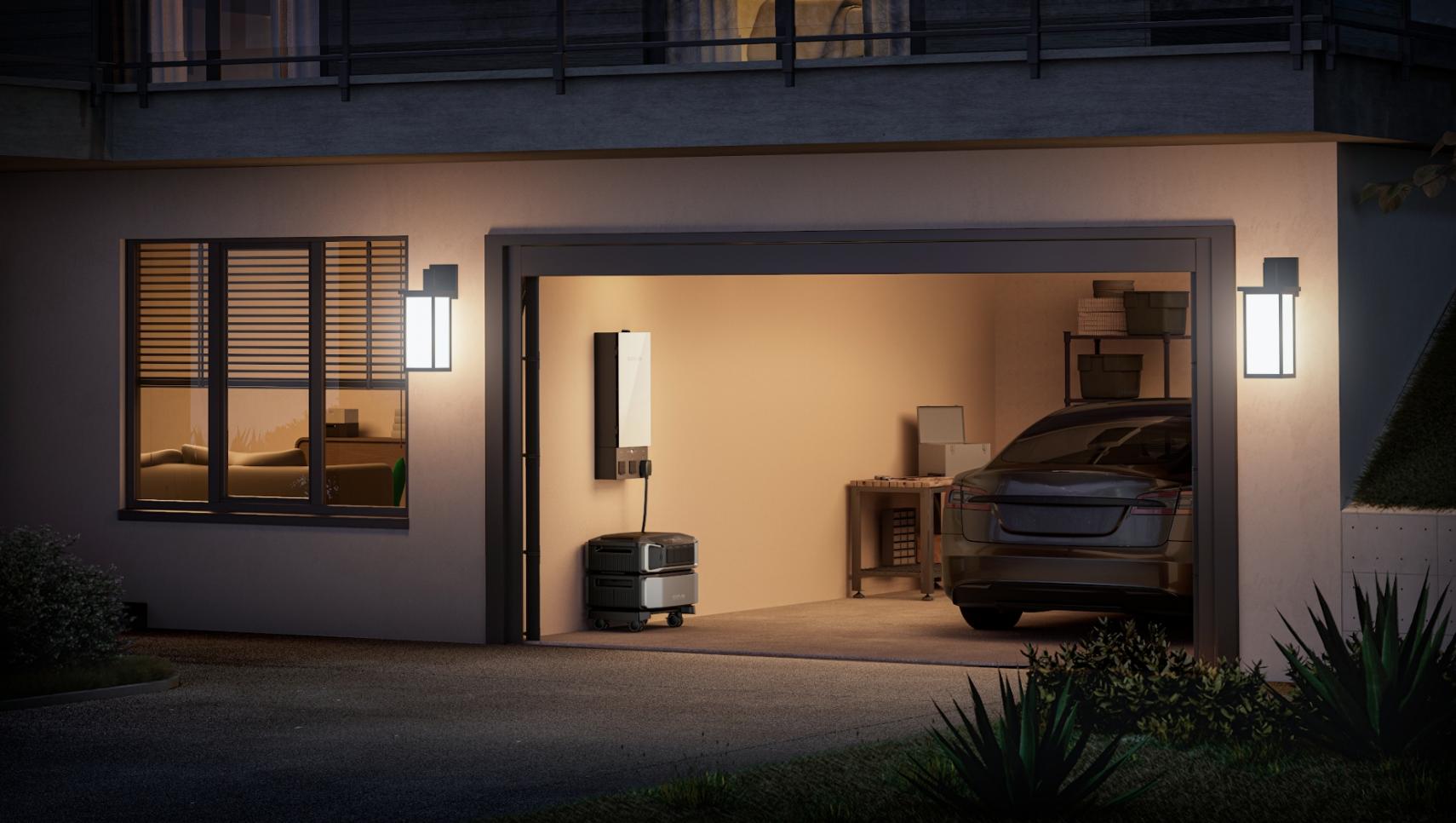How to Take Care of Baby or Toddler During a Power Outage
When the lights do go out, the parents' immediate thought is of their baby. Being plunged into darkness can be terrifying to anyone, but it is harder if you have a baby or toddler. Routine matters like making a bottle of milk hot, or heating a room, come to mind immediately. But it can be done safely, with the right information and preparation, if a black-out does happen. This leaflet will show the steps that need to be taken to care safely for your baby during the time the electricity might be out of action.
The Immediate First Steps
When the power outage begins, the most important thing to do is remain calm. Your child will be able to sense that you are upset, so breathe and plan the next move. The first thing to do is locate your emergency lights. You should use flashlights or battery-powered lights, not candles. Candles present a huge fire hazard, and that plus a curious baby is just a recipe for disaster. Once you have light, be sure to inspect your house for hazard spots. Unplug large appliances so that they will be protected by a surge of electricity if the lights come back on, and be sure that the baby is all right. Remaining calm makes the rest of the family more secure.


Feeding Your Baby Without Power
The primary fear that parents have when it comes to a power outage is usually nourishing the baby. It does not matter if the baby is nourished by breastfeeding, formula, or solids; safety procedures are very necessary.
Breastfeeding and Breast Milk Safety
If you're breastfeeding, you've got the simplest and best source of food. But if you've got pumped milk, be careful with the milk you've got stored away. It raised a typical question: just how long is frozen breast milk good for during an outage? The CDC maintains that the milk is still safe if the ice crystals remain that can be seen by the eye. A full freezer will remain cold long enough for 48 hours, and a half-loaded freezer will last for around 24 hours. Keep the freezer lid closed to retain the cold inside. You shouldn't ever heat cold milk on a gas stove. It is better to place the bottle inside a warm water bowl.
Formula Feeding Safely
If you use formula, ready-to-feed formula is the easiest choice during a power outage because you don't need to mix or warm it. If you only have powder, you have to use safe water. Use bottled water to mix it if you can. If you have to use tap water, you must boil it first on a gas stove or grill. Remember that mixed formula can grow germs quickly. Throw away any bottle that has been out for more than one hour. You can't save half-used bottles without a fridge.
Baby Food Safety for Toddlers
For toddlers who eat solid foods, baby food safety is very important. Use foods that don't need a fridge, like food pouches, crackers, and new jars of baby food. The 4-hour rule is very important for food from the fridge. The FDA says foods that can spoil, like milk and meat, are not safe after four hours without power. If you are not sure if food is good, the safest thing to do is throw it away.
Keeping Your Baby Warm (or Cool)
Babies cannot control their body heat as well as adults, so keeping them comfortable is a very important part of infant safety.
During Cold Weather
When it's cold, dress your baby in a few light layers instead of one heavy outfit. A long-sleeved shirt with a sleeper or a wearable blanket is a good mix. You might want to use extra blankets, but remember that loose blankets can be dangerous for babies. A swaddle or a right-sized sleep sack is much safer. Save heat by staying together in one room and closing other doors. You can also put a rolled-up towel at the bottom of the door to block drafts and hang blankets over windows to help keep more warmth inside.
During Hot Weather
When it's hot, the main worry is getting too warm. Dress your baby in one light layer of clothes, or just a diaper. Give them enough to drink, like breast milk or formula. If your doctor has said water is okay for your toddler, give it to them often. You can also cool your baby down by softly wiping their skin with a cool, wet cloth. If your home has a basement, it is probably the coolest place to be.


Creating a Safe Environment in the Dark
A dark house has new problems and dangers. Walking around your home while holding a baby needs extra care. Make sure the floors are clear of toys and other things you can trip on. Pay close attention to the stairs. Put flashlights in easy-to-reach places in several rooms so you are not always looking for one in the dark.
This is also a good time to check your safe sleep rules. Even if you bring your baby's crib into your room to make it easier, they should still sleep in their own bed. This stops the danger of sharing a bed, which is a bigger risk when parents are tired and confused in the dark.
Powering Essential Baby Devices
You can do many parts of baby care without power, but some devices are very important. Medical machines, electric breast pumps, bottle warmers, or sound machines can be very important for your baby's health. Small phone chargers are not strong enough for these things.
This is when a good and safe power source for inside becomes very useful. You must never use a gas generator inside because of the deadly danger of carbon monoxide gas. A silent solar generator like the EcoFlow DELTA Pro Ultra can power these essential devices safely indoors. It gives you clean, quiet power without the smoke or noise of a normal generator. This makes sure your baby's important machines keep working.
Diapering and Staying Entertained
A few simple plans can make the power outage much easier. Keep your diaper supplies full and in a place you know. A headlamp can be very helpful for changing diapers because it leaves your hands free. Also, have a plan for throwing away diapers, like a special bag, to stop smells if the power is out for a long time.
For toddlers, having no lights or TV can be strange or scary. Make it seem like a fun game. Build a fort with pillows, read books with a flashlight, or sing songs. Fun things to do will help them feel normal and safe. This will keep them calm until the power is back.


Conclusion for Taking Care of a Baby During a Power Outage
A power outage with a baby doesn't have to be a big problem. If you plan well and think about safety, you can handle it without worry and keep your child comfortable. By planning for important things like feeding, temperature, and a safe home, you can make a hard time easier. Being ready for anything helps you not to worry. Stay prepared for any outage. Power your home safely with the EcoFlow DELTA Pro Ultra Solar Generator.
For press requests or interview opportunities, reach out to our media team
media.na@ecoflow.com